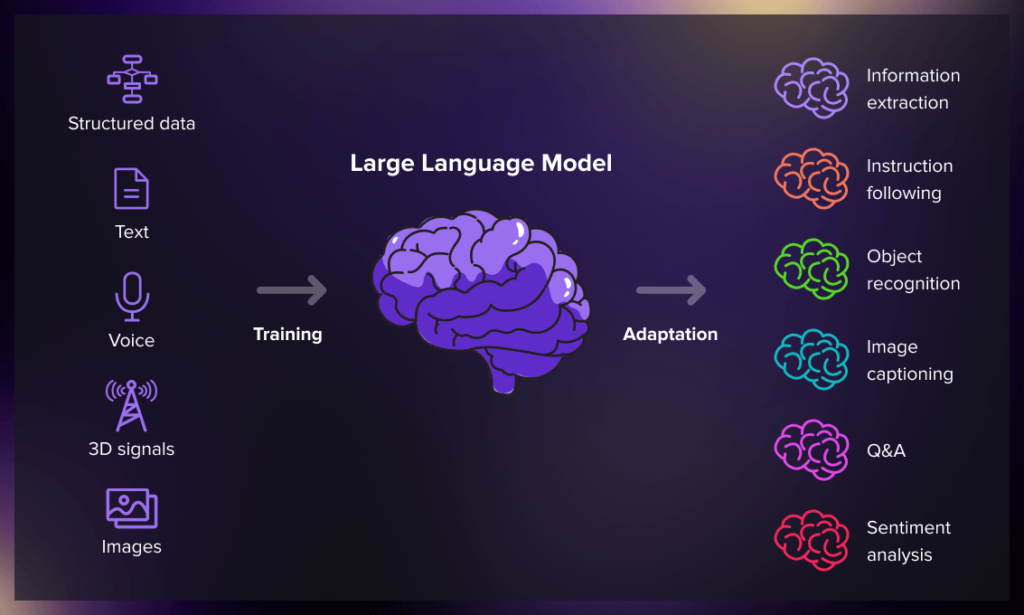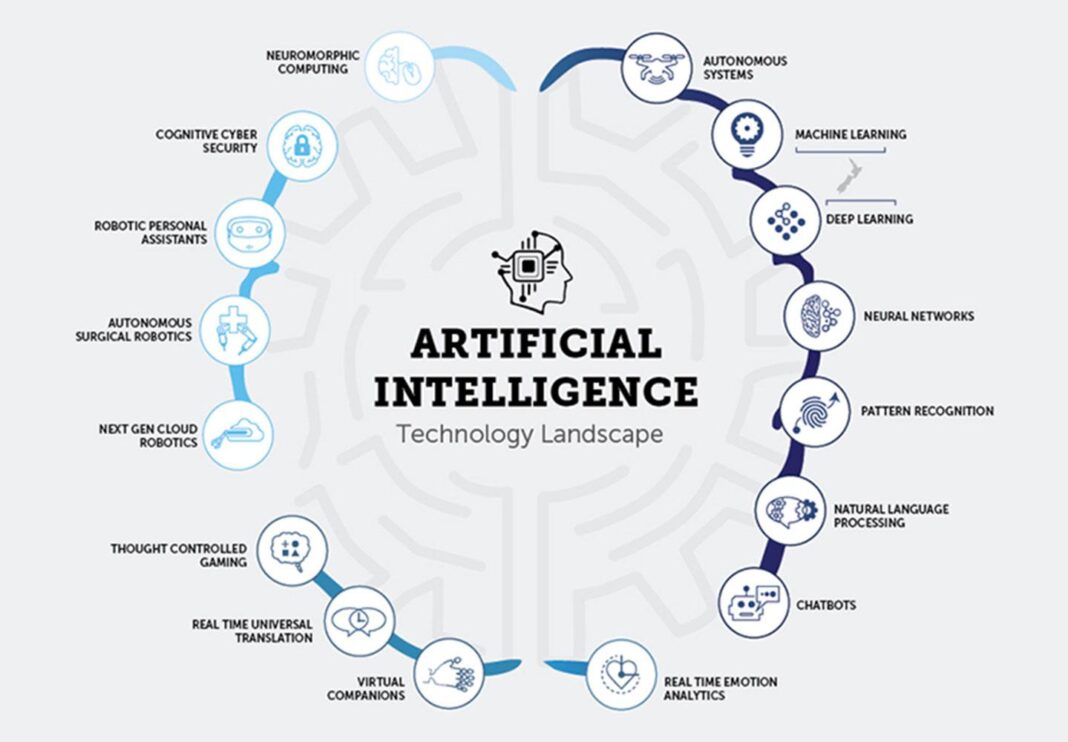The AI boom might be slowing down finally, and a few companies have cemented themselves as the go-to defacto owners of the space. OpenAI is leading the race, backed my #Microsoft and Google follows closely behind. Nvidia is the shovel-seller in the proverbial “if everyone is digging for gold, sell shovels”.
But when it comes to me, I am an overthinker. I scratch a bit deeper than most. I’m more interested in the details, in the cog and the results of it’s grinding. I set up miniature models on my lad and test them. I try and train them. And then sit back and contemplate: technology always has drawbacks, most of which are never talked about in the mainstream. This time, what is the price I am paying for using the AI from these companies. Then it hit me And hit me hard! Listen.

The Workings of AI
If you’re reading this, then you must have probably tried using some AI to answer some questions. But what is this we call AI?
Well, AI stands for Artificial Intelligence. It is intelligence exhibited by machines. It is machines trying to become humans.
AI is a very broad term. In this article, I will focus on a type of AI called Language Models, or more specifically, Large Language Models (LLMs).
What is an LLM?
An LLM is a type of AI that is designed for the specific task of understanding and generate human-like output from a text input. It is a sophisticated AI that processes language, and answers questions, complete text prompts, translate languages and more.

LLMs are trained, the way a baby is trained. They are trained on extremely large amounts of data from an source. It can be from the Internet, human input, etc. They then use this data to learn patterns, grammar, style, context, etc.
For context, the earliest versions of ChatGPT were trained on datasets like Common Crawl that totaled about 570GB of uncompressed text. Today, this training data consists of hundreds of terabytes of data.
My issue with this
You see, when you open the ChatGPT prompt and start asking it questions, the responses you get are from the training of the model. But language models work differently.
The more you interact with it, the more it learns. And another thing, the creators can see the data fed into it.
Therein lies my worry. Millions of prompts go into these AI models every day. Data from all places, persons and sources.
Developers give them their code to troubleshoot. Parents give their travel history to get more recommendations. Students link their online accounts to get even better results. Lawyers give client information to get Internet results. We give them our private pictures and ask it for details. Nowadays we record our voices and send it to them.
One question arises: how does all this data get used? When you read their privacy policy pages, you get a more clear way these companies use this data. It is outlined there. But is that all? Some of them have been in numerous privacy scandals before and this punctured holes in the privacy belief many had in them.
Let me list implications that might arise by sharing your privacy information with an AI:
- Data breaches and security risks.
- Lack of control over data.
- Algorithmic bias and discrimination.
- user profiling and targeted advertising.
- Legal and regulatory concerns.
- Ethical use of data.
- Long-term implications once your data is out there. The Internet never forgets.
- Psychological privacy.
- Surveillance and tracking.
- Informed consent challenges.
How can you get yourself out?
Getting out of potential privacy risks associated with sharing your personal data with AI involves several steps on your end.
- Understanding Data Collection Practices: Before using an AI service, understand what data it collects from you. This includes personal information like name, email, and address, as well as behavioral data such as browsing history or interactions within the app.
- Assessing Data Sensitivity: Evaluate the sensitivity of the data you’re sharing. Information like health records, financial details, or personal identifiers (e.g., social security number) should be shared cautiously and only when necessary.
- Applying Contextual Privacy Settings: AI platforms often provide privacy settings that allow you to customize data sharing preferences. For instance, social media platforms may let you control who can see your posts or limit ad targeting based on your activity.
- Navigating Terms of Service and Privacy Policies: While lengthy, these documents outline how your data will be used, stored, and shared. Pay attention to sections on data retention, third-party sharing, and your rights as a user (e.g., rights to access or delete data).
- Utilizing Privacy Tools: Depending on your needs, employ tools such as encrypted messaging apps, ad blockers, or VPNs. These tools can help protect your data from unauthorized access, tracking, and targeted advertising by AI-driven systems.
- Choosing Privacy-Focused Alternatives: Explore alternatives that prioritize privacy by design. Look for services with transparent data practices, strong encryption standards, and a commitment to user privacy over data monetization.
- Remaining Vigilant for Updates: AI technologies evolve rapidly, along with their privacy implications. Stay informed about updates to privacy policies or terms of service that may affect how your data is handled.
- Seeking Expert Advice: If unsure about a service’s privacy practices or the implications of sharing specific data, seek advice from privacy professionals or advocacy groups. They can provide guidance on best practices and potential risks.
- Exercising Data Rights: Take advantage of rights granted under data protection laws, such as the GDPR in Europe or CCPA in California. These laws give you rights to access your data, request corrections, and even delete information under certain circumstances.
- Educating Others: Share knowledge about privacy risks and best practices with friends, family, and colleagues. Promoting awareness helps create a culture of privacy-conscious behavior in digital interactions.
Conclusion
All in all, the negative part of this new monster keeps feeding daily, and will never stop. We are already seeing the consequences of this. Graphic designers are feeling the heat of AI being able to generate real-life images. Music producers are suing for music rights after AI started taking over that industry as well. People have registered law firms using AI as the responding agent in the background.
It is evident that the AI revolution is not ending soon, and the data we are feeding these monsters is going to cost us more than just our privacy one day. I’m afraid the AI overlords is no longer just an Internet meme.


